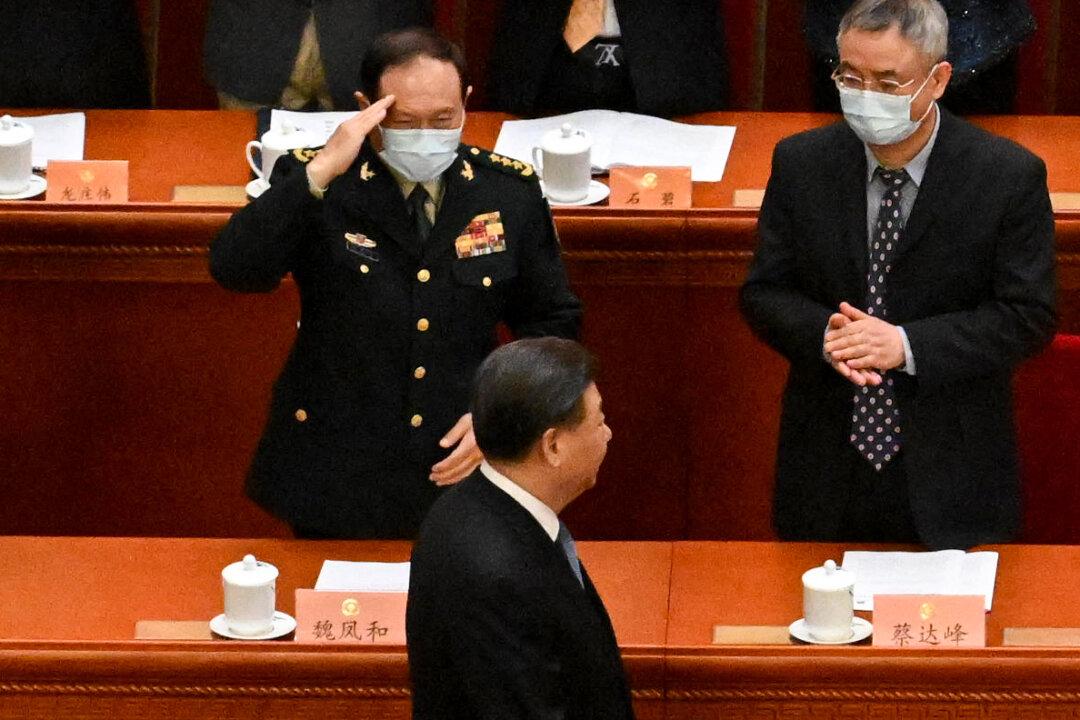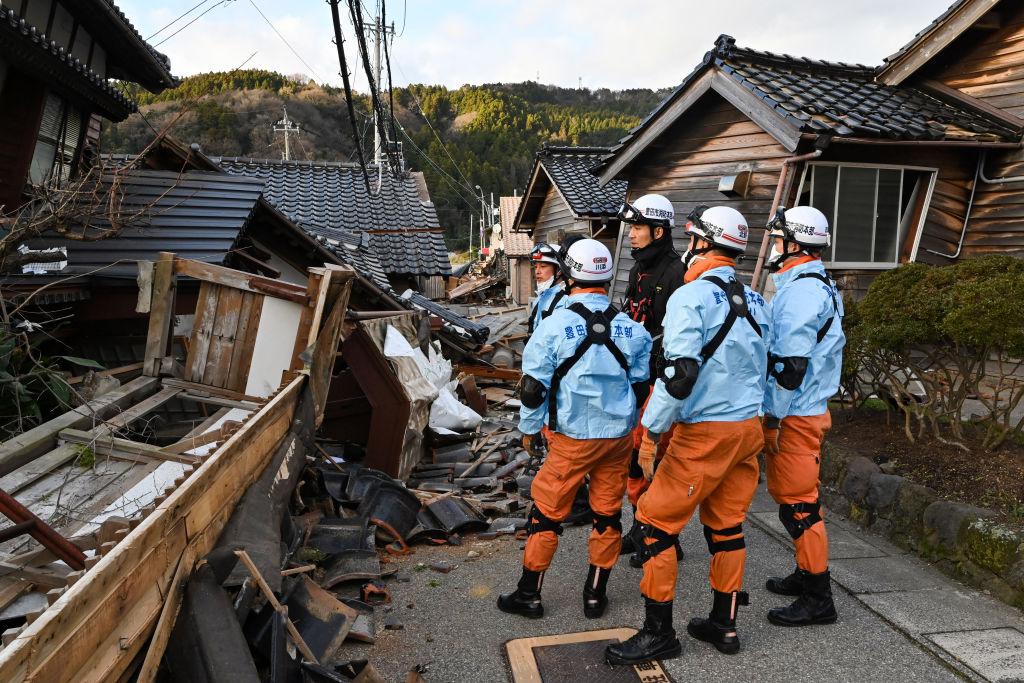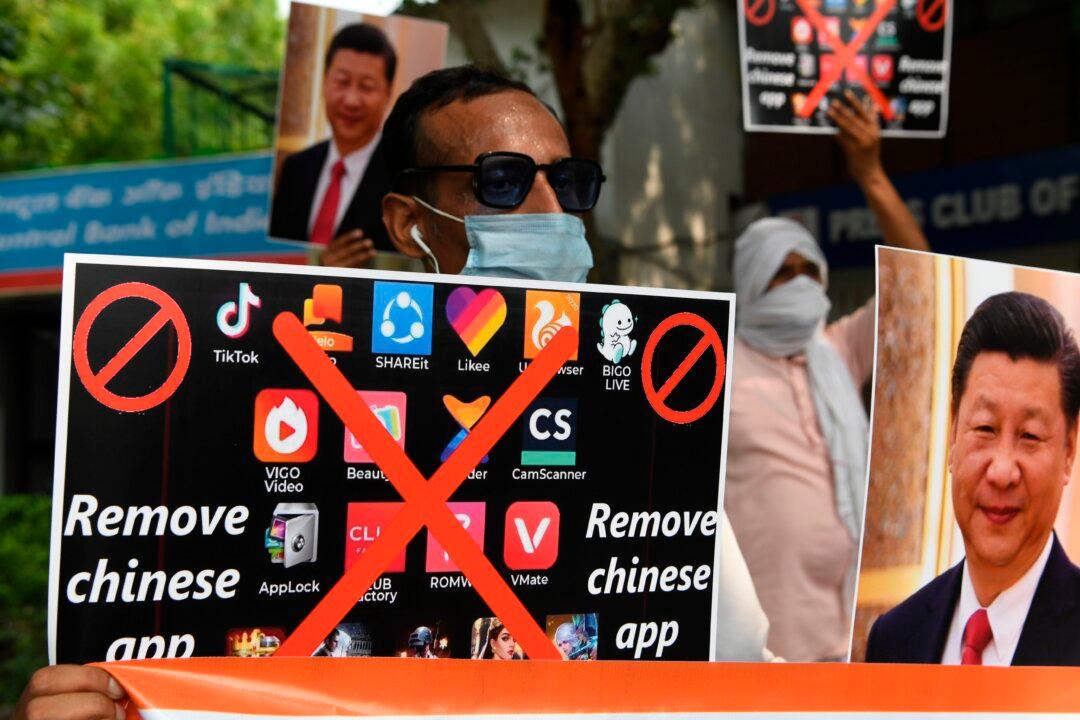The unexpected death of former Chinese Premier Li Keqiang on Oct. 27 has been widely questioned, with many believing that he was made to appear to have died of a heart attack.
Gao Guangjun, a former lecturer at the People’s Public Security University of China, revealed that Chinese leader Xi Jinping had set up a specialized assassination department during his second term, accentuating his mentality of managing the country with intelligence agents.





